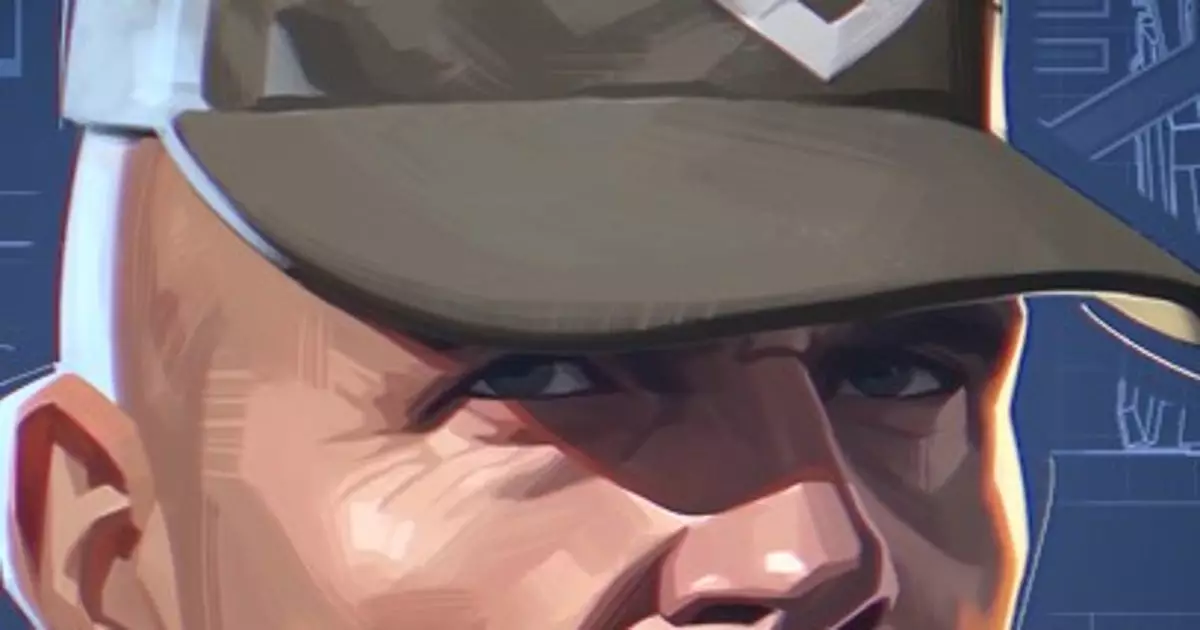Gaming, like many aspects of modern entertainment, has undergone a significant transformation over the years. As a child of the late ’90s and early 2000s, my gaming experiences were shaped by the likes of narrative-driven titles that demanded time and dedication—experiences that stand in stark contrast to today’s live-service model, which thrives on fleeting content and rapid updates. The topic of game seasons invites us to reflect on how our interactions with games compare across generations and what this shift means for both gamers and developers alike.
Growing up, my fondness for video games revolved around titles that offered rich stories and challenging mechanics, such as *Metal Gear Solid* or *Final Fantasy IX*. The idea of replaying a game for the exploration of different endings or narratives was a source of joy. The concept of “game seasons,” as they are understood today, might have baffled the younger version of me who spent hours meticulously piecing together lore in a single-player experience. Perhaps, during those formative years, the notion of a game that received regular updates and seasonal content would have felt superficial, detracting from the depth that I craved. The relationship between a player and a game was once more akin to a devoted marriage, rather than the fleeting flings that characterize many online multiplayer experiences today.
Fast forward to the present, and contemporary gaming culture revolves around frequent updates and emotionally driven “battle passes” that entice players with rewards for their time. The rise of mobile gaming and free-to-play models has taught developers the value of creating a never-ending loop of engagement. Titles such as *Fortnite* epitomize this shift, capitalizing on seasonal changes that attract diverse player bases. Where I once reveled in meticulous planning within sandbox worlds, today’s players dart from one seasonal event to another, pursuing unlocks and rewards in real-time competitions.
In the context of games like *Mechabellum*, which offers regular patches and expansions, we see a continuation of this dynamic. The recent introduction of new units and specialists illustrates how developers strive to keep the community engaged while introducing tangible tactical changes. For the older generation of gamers clinging to nostalgia, these changes may appear as a frantic scramble for novelty, yet they cater to a rapidly shifting demographic that craves constant stimulation and new experiences.
Embracing the Chaos of Game Seasons
As someone invested in both the nostalgia of previous gaming eras and the chaotic thrill of current trends, I understand the enchantment that modern updates can provide. In many ways, they bring fresh impetus into strategic gameplay, challenging players to rethink their approaches with each seasonal shift. New tactical options—like the introduction of a formidable adversary such as the “Raiden”—can fundamentally change how games are played and experienced. The constant presence of reworks and updates can even invigorate stale strategies, making them feel fresh and relevant again.
That said, it’s crucial to recognize that this model, while engaging, introduces a different set of pressures. The player must now stay abreast of dynamic meta shifts, adapting quickly to their opponents’ strategies while juggling their own. This new gaming environment might overwhelm those of us rooted in traditional gaming values, but for a generation raised on the immediacy of digital interactions, it serves as an inviting playground.
Navigating the transformation of gaming seasons reveals not just a changing landscape, but also the expansion of what it means to be a gamer. For those of us who cherish the thoughtfully crafted experiences of yesteryears, it may feel like an uphill battle to adapt. Still, acknowledging the merits of this ongoing evolution allows for richer dialogue within the gaming community. Ultimately, the convergence of nostalgia and modernity invites us to embrace the pleasures of both worlds—a tapestry woven with complex narratives of the past and exhilarating seasons of the present. In doing so, we find common ground across generations and ensure that the essence of gaming remains alive and well, no matter the format it takes.


Leave a Reply